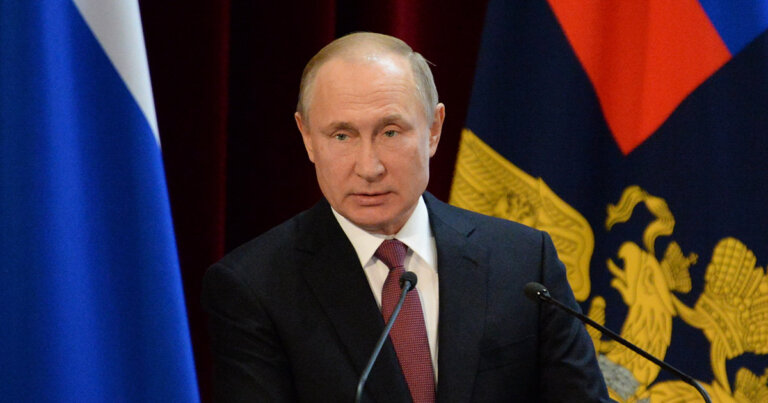 President Putin approves digital Ruble, as Russia prepares for crypto exchange trial run
President Putin approves digital Ruble, as Russia prepares for crypto exchange trial run President Putin approves digital Ruble, as Russia prepares for crypto exchange trial run
The governor of the Bank of Russia said the Digital Ruble use would be voluntary.

Free Wind 2014 / Shutterstock
Russian President Vladimir Putin signed a law introducing a central bank digital currency (CBDC), the Digital Ruble, and creating an electronic platform for its use, local media Tass reported on July 24, citing official documents.
The Digital Ruble will serve as a third means of payment alongside cash and non-cash Rubles, with the Central Bank responsible for operating the infrastructure and custody of all assets.
Local medial platform Vedomosti reported that the law would become effective by August 1. It added that individual transactions with the Digital Ruble would be free, while companies would charge a 0.3% fee.
Last week, Russia’s Federation Council approved the Digital Ruble’s amendment bill, and the country’s central bank is expected to partner with 15 major banks in the country for the currency’s pilot scheme.
Digital Ruble’s use would be voluntary
Elvira Nabiullina, the governor of the Bank of Russia, said using the national digital currency would be voluntary.
Nabiullina reportedly said:
“No one is going to force anyone into the digital ruble […] But we really hope that it will be more convenient and cheaper for both people and businesses, and they will start using it. This is a new opportunity.”
Russia allows the creation of crypto exchanges
In another development, Russia would allow the creation of crypto exchanges for two years through an experimental legal regime, Vedomosti reported.
Anatoly Aksakov, the Chairman of the State Duma Committee on Financial Market, stated that the laws surrounding these platforms were yet to be ironed out but pointed out that an agreement with the Central Bank has been reached.
Aksakov noted a need for local legislation for Russians’ use of cryptocurrencies with external partners.
In May, CryptoSlate reported that Russia canceled plans for a national crypto exchange, with authorities promising to focus on rules allowing private companies to establish such exchanges.








































































































